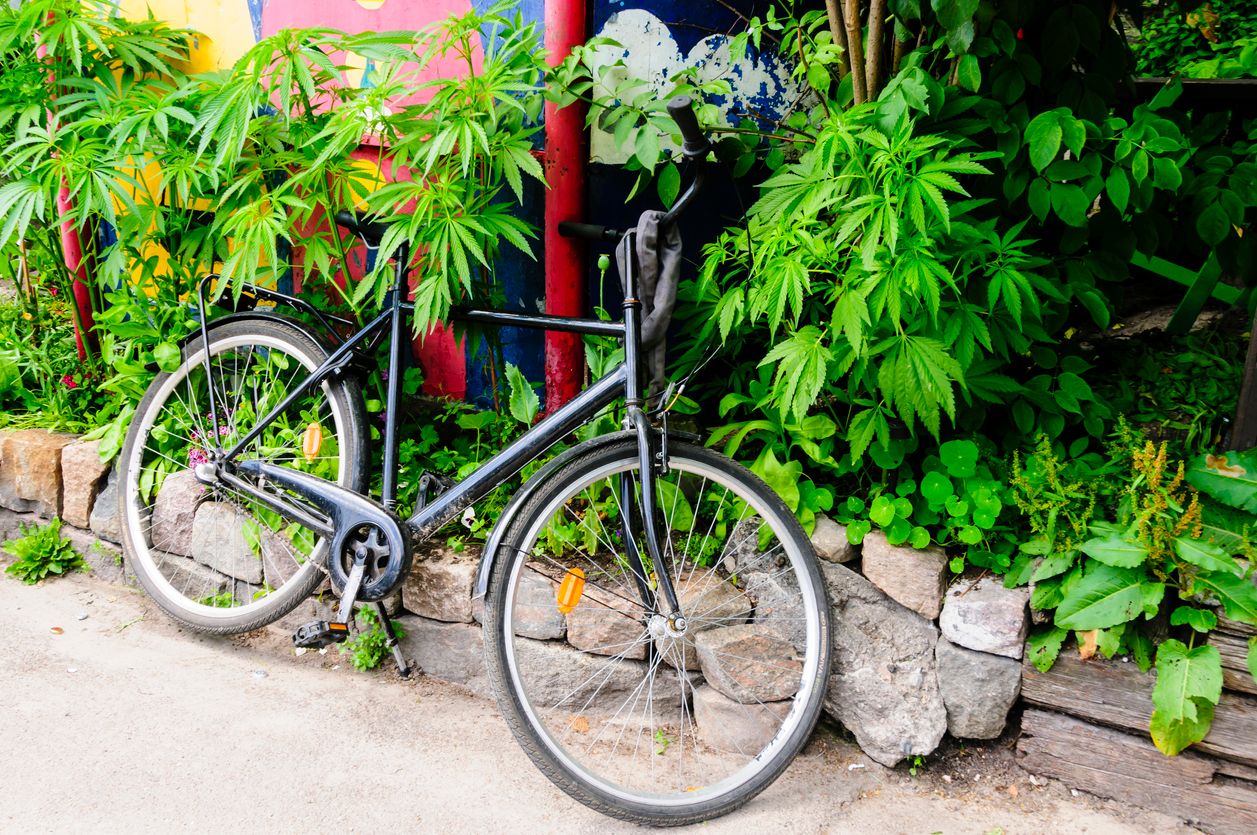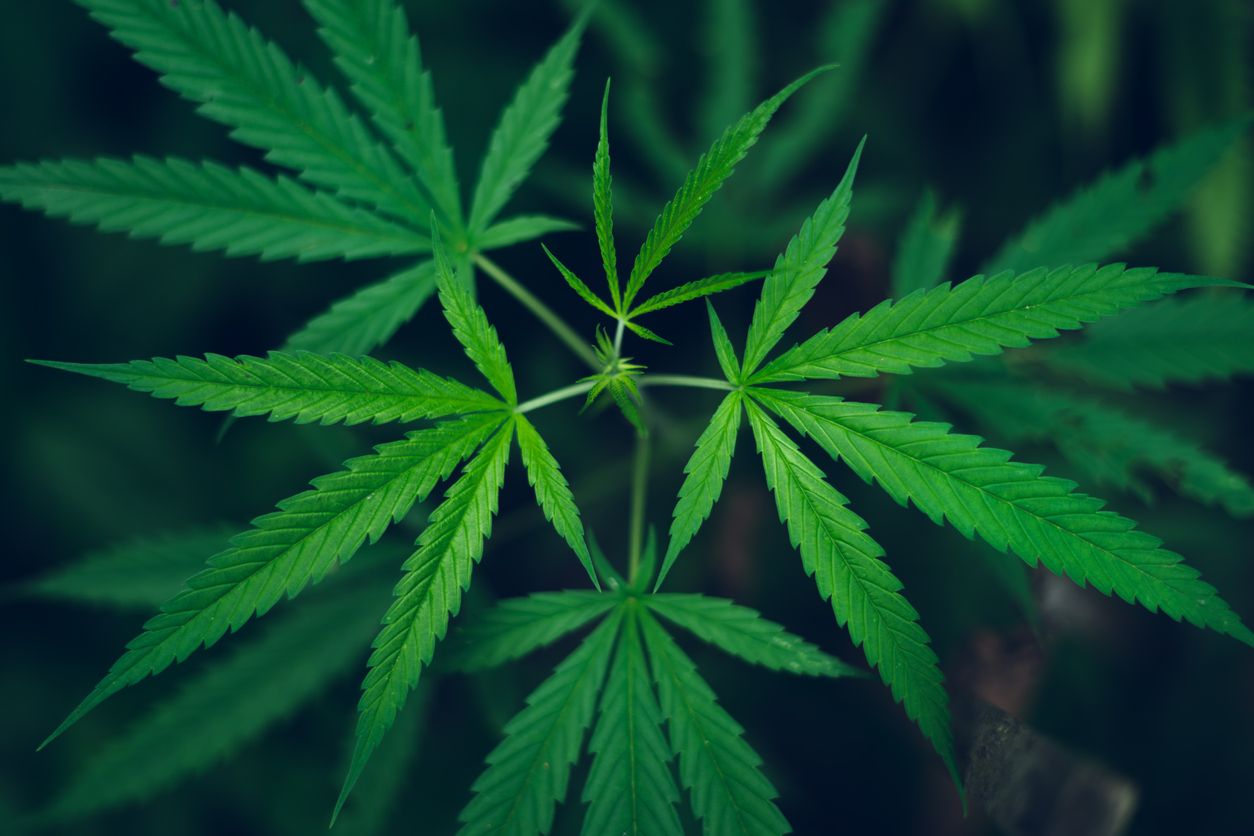Tips and tricks for a more sustainable cannabis garden

The world is already grappling with a shortage of major resources, and that's why we need to work hard to protect what little we have left with responsible, sustainable, and environmentally friendly practices both in our homes and in the great outdoors. The average cannabis garden might not be huge, but the unified action of millions of growers committing to sustainable growing practices can make a massive difference, and it all starts with you. With that in mind, we're going to talk about some of the changes that are easy for average cultivators to make.
Nourish the soil naturally
It's tempting to get the ground primed and ready to plant by adding what appear to be simple fertilizer sticks, powders, balls, and liquid, but these additions can be harmful to your cannabis plants in large amounts and may adversely impact your health, as cannabis plants draw and hold liquid fertilizers, distributing it to every inch including the flower, plus it can be bad for the environment. Instead, use natural nutrients by adding compost and living soil to the plot.
Avoid herbicides
Bugs are just an annoying fact of nature. They're everywhere, and no matter the type of plant you have, there's no way to guarantee it stays completely safe outdoors. Still, it's important to avoid using herbicides as much as possible because they may be harmful to the plants, in some cases killing them completely, or in the end, bad for your health when you consume the chemicals post-harvest. These toxic gardening tools can poison natural water sources and kill off entire healthy ecosystems, many of which are necessary for the health of the biosphere that feeds your plants naturally.
No added nutrients
Store-bought nutrients seem like a simple solution that might take the hard work out of nourishing your cannabis garden when the truth is that while many might give your crop a boost, most are just as terrible for the environment. Of course, in some cases, doing so is necessary to offset the pH balance of the soil. Still, it's best to avoid these one-stop-shop solutions when most soil-based problems can be fixed using much more natural treatments that aren't so risky for the environment or you.
Maintain ground coverage
We like to dig out big garden plots that are well defined, with zero ground coverage, because they look aesthetically appealing, and it helps to keep potentially harmful invaders from getting too close to our precious plants. However, this practice is actually terrible for the soil. Uncovering the earth exposes it to damaging elements such as extreme colds, direct sunlight, and more, killing off much of the good bacteria that live there, leaving the soil drained of its usual power to fuel growth. Instead, opt for ground cover with short root systems and succulents like hens and chicks to protect the natural ecosystem that lives beneath your cannabis garden.
Invest in high-quality tools
We live in a throwaway society that uses everything from grocery bags to clothes only a handful of times before tossing it to the curb, and in some cases, it's not even our fault, as the quality of affordable options tends to be poor, resulting in a much shorter life. Gardeners do this too, by utilizing cheap shovels, pots, shears, and weed pullers that fall apart after a single season, when they could be investing a few dollars more in heavy-duty, alternatively that will last throughout the years. It's hugely wasteful and annoying to have to replace tools every single year, so go the extra mile to avoid it by buying only high-quality products.
Compost all leftover plant materials
We've touched quite a bit on the perks of nourishing a garden naturally, and this is just one more thing that will help you to do just that. Instead of tossing those trimmings, mix them into your cannabis garden as a natural compost because next year's crop will thank you for it. It's free, easy to do, and another great way to cultivate sustainable cannabis.
Use a rain barrel
Good growing practices aside, very few producers put much thought into how much water it takes to properly care for a cannabis garden, leading to a surprising amount of waste. It's also not uncommon to make the mistake of using tap water, which should really be treated or left to sit before being used, as it's filled with additives like chlorine that may be hazardous to your cannabis garden. Instead of spending money and wasting time while also hurting the environment just to water your plants, make the switch to a rain barrel, which will allow you to collect naturally clean water that is always ready to use when it's needed.


